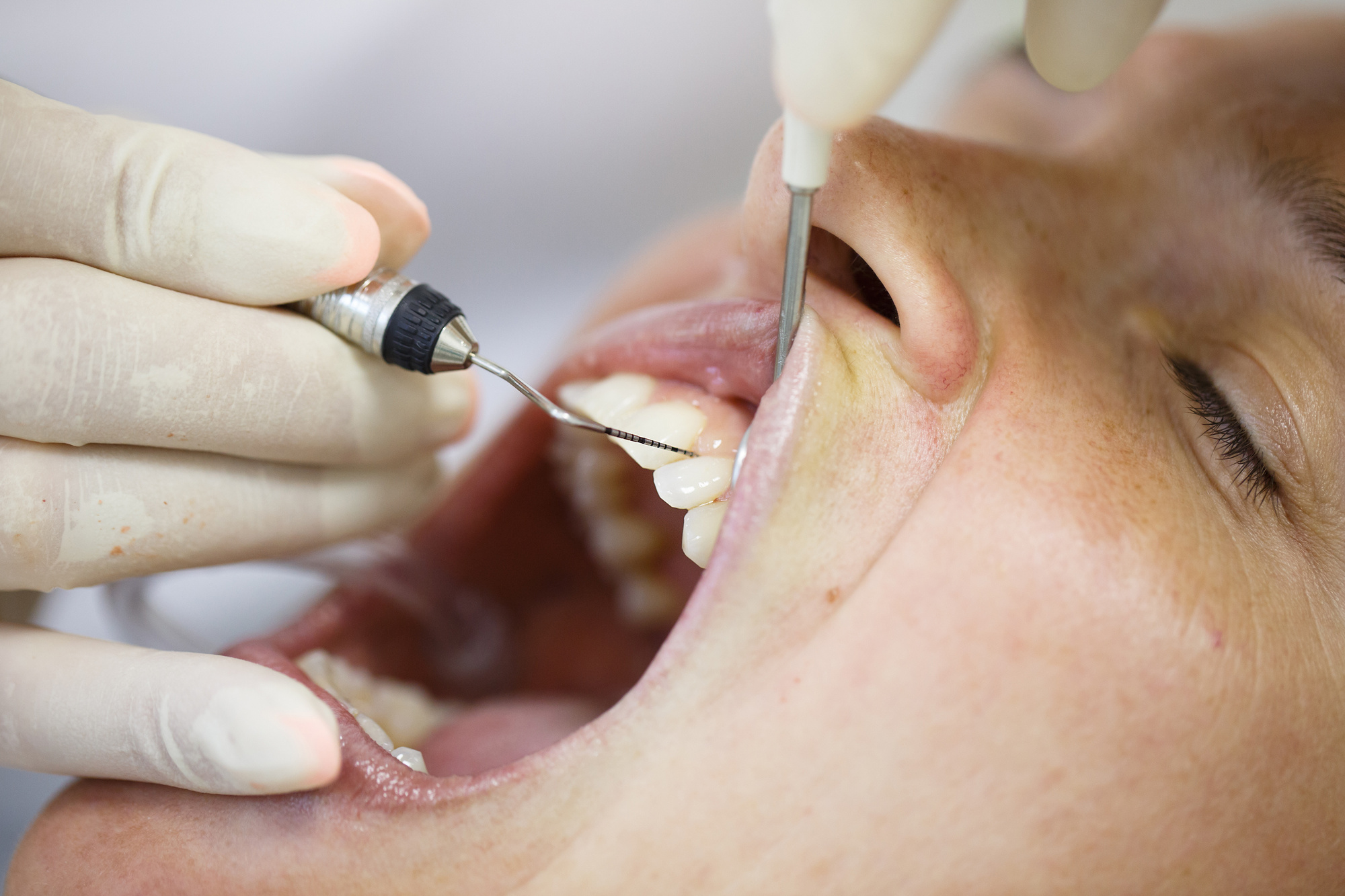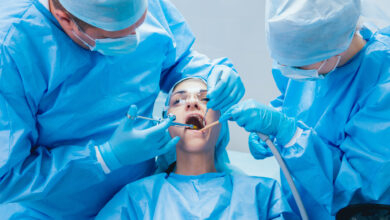Have you ever noticed that your teeth, gums, or jaw feel slightly off? Is anything odd whenever you take a bite?
Nobody wants to be taken by surprise, especially regarding their dental health. And despite steady oral care, you still want to be assured you’re ok.
So check out some critical signs of unhealthy gum lines for your benefit. This may help you put yourself on the path to optimal dental health.
1. Persistent Gum Inflammation
Gum inflammation or gingivitis is one most common gum problems we must be aware of. Healthy gums should appear pink and firm. But they may appear red, swollen, and tender when inflamed.
Plaque buildup, or a sticky cluster of bacteria along the gum line, typically causes this phenomenon. If untreated, the swelling can lead to periodontitis or bleeding.
See a dentist immediately If you experience any of these symptoms is crucial. Proper care can reverse gum inflammation, and your gums can heal.
2. Periodontal Pockets
Another unhealthy sign can be the formation of gaps within the deeper hidden spaces between your teeth and gum tissue. These hidden spaces develop due to inflammation or bacteria below the gum line. We call them the periodontal pocket.
These pockets can become a cozy spot for other elements to settle in and threaten your gum health. Over time, it could expose the tooth root to potential infection, leading to further pocket formation. The bacteria can also release toxins that can damage the bone-supporting teeth.
Treating periodontal pockets varies according to severity. In mild cases, brushing and flossing might still do the job. But severe cases may require scaling or surgery to remove infected tissue and bone.
3. Receding Gum Line
Receding gums, or gingival recession, is when the gums shrink back from the teeth, exposing more of the tooth root.
This can happen for some reasons. Aggressive brushing, gum disease, or even natural aging can contribute. One most common cause may be poor oral hygiene.
But a receding gum line can increase the risk of tooth loss and decay. Also, it can cause severe tooth sensitivity if teeth become too exposed. So, seek dental help as early as possible.
Never compromise caring for your gums.
4. Gum Sensitivity
Have you experienced discomfort eating hot or cold foods, spicy stuff, or even brushing your teeth?
It’s often a sign of unhealthy sensitive gums, which manifest in sharp, sudden pain. While poor oral hygiene can be the reason, other factors, like tooth decay, worn enamel, or even specific dental procedures, can also contribute as its source.
In the meantime, a desensitizing toothpaste, a soft toothbrush, and good oral care can be your relief. But your dentist will always be ready to serve your need for a better solution.
5. Bad Breath
Also known as halitosis, bad breath is a common problem due to poor oral hygiene, dry mouth, or other issues. Persistent bad breath can also indicate a much more serious underlying medical condition yet undetected.
Basic oral hygiene is the primary help for someone with these symptoms. But consulting a dental professional is essential to find our other underlying causes. The good this is it is curable.
Check for the Signs
The signs of unhealthy gum lines can be subtle, but they are essential to recognize. If you notice any symptoms in this article, have the opportunity to act early. It is vital to visit your dentist now.
Early diagnosis and treatment of gum disease can help prevent serious complications, such as tooth loss. Healthy gums should be a priority.
If you want to read more articles, visit our daily blog post.





